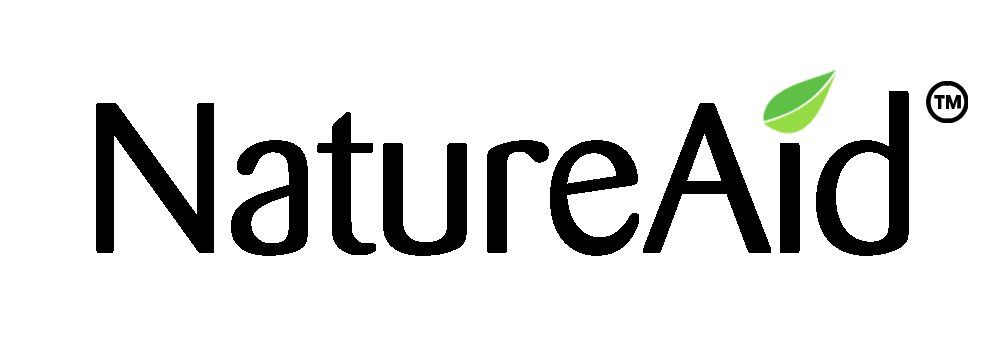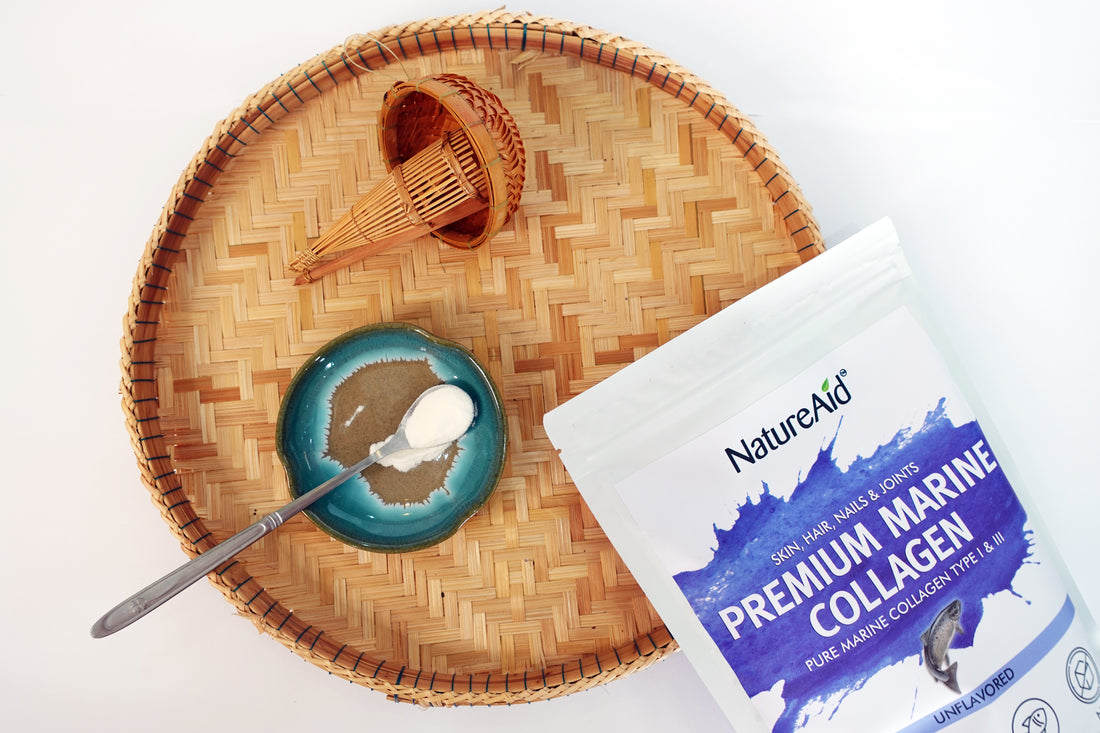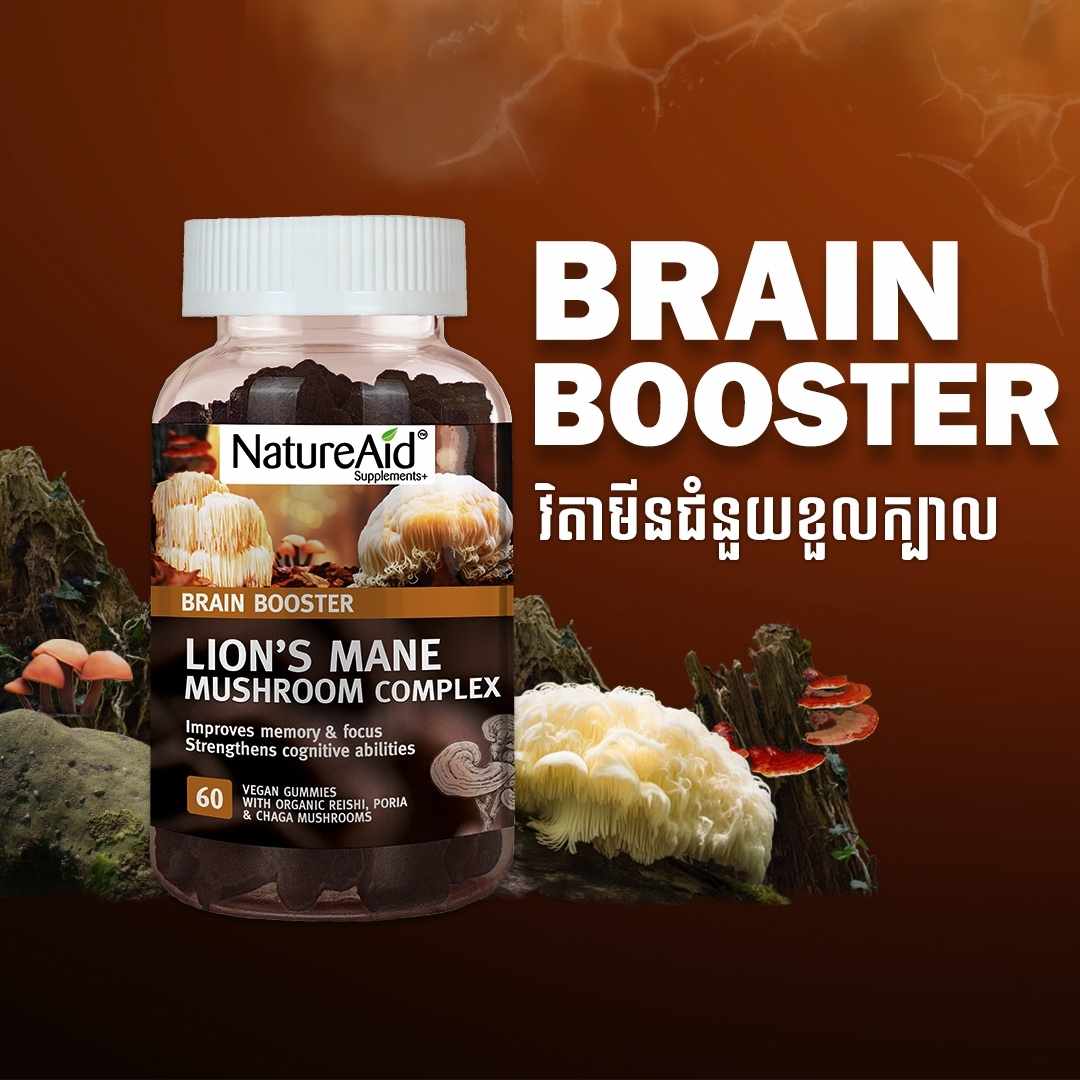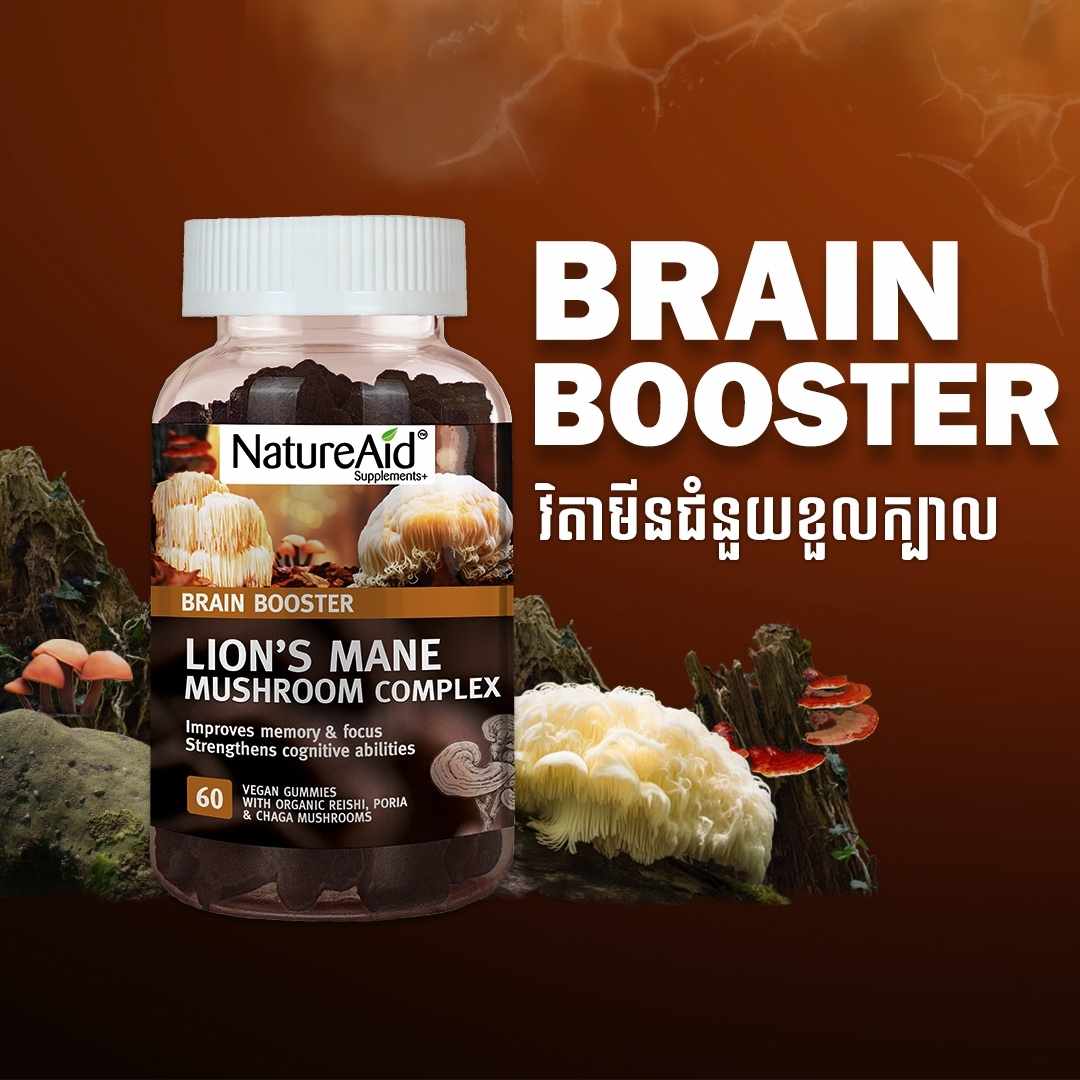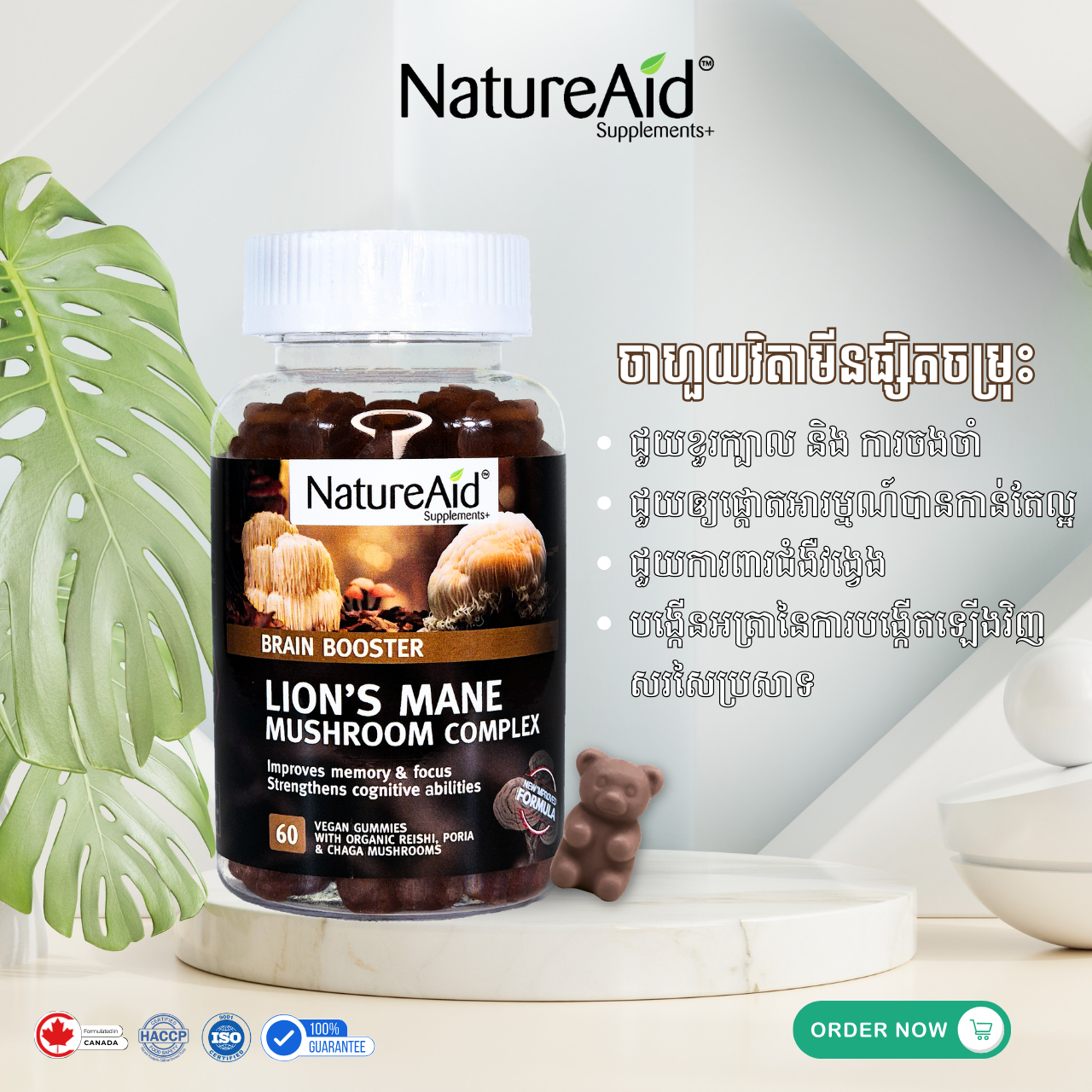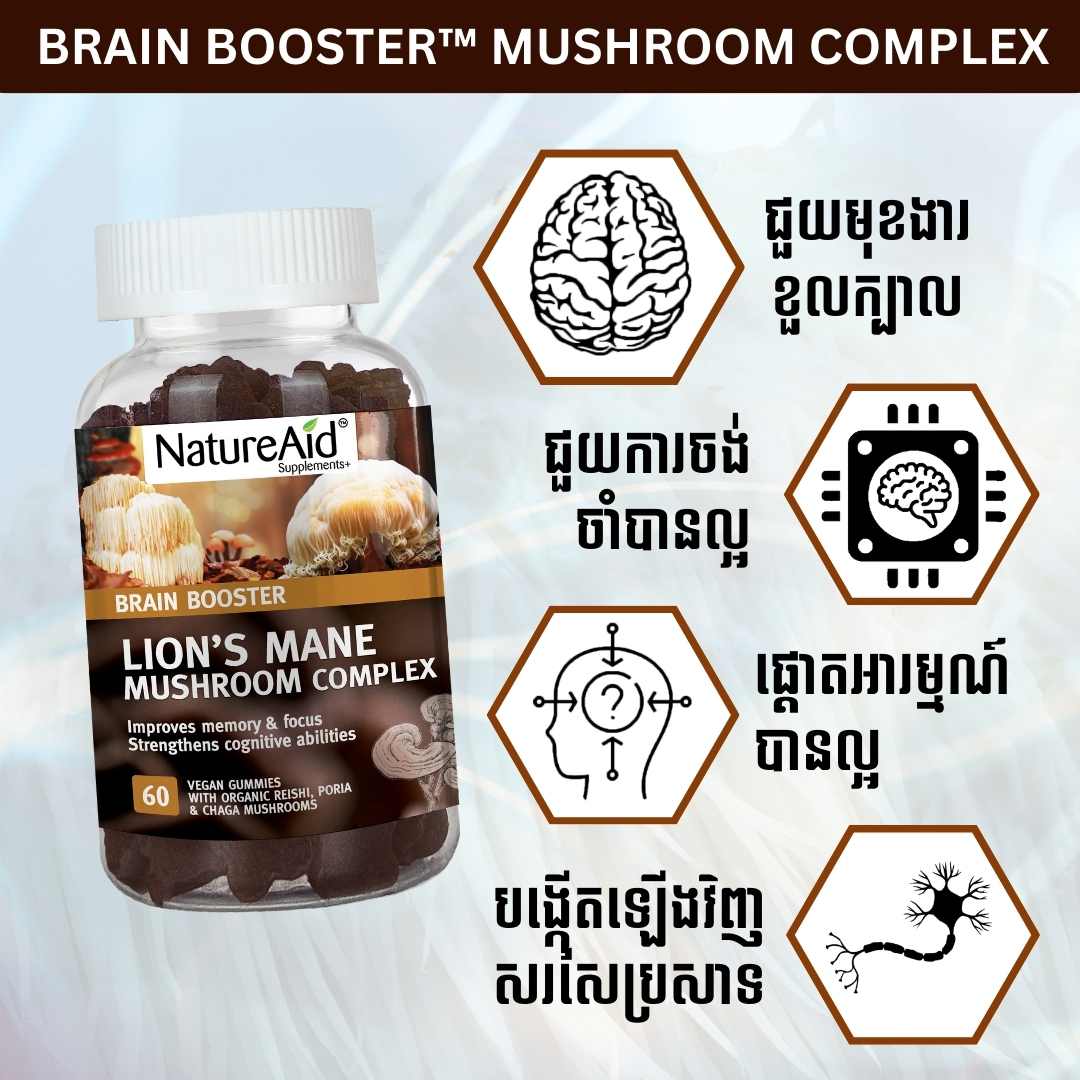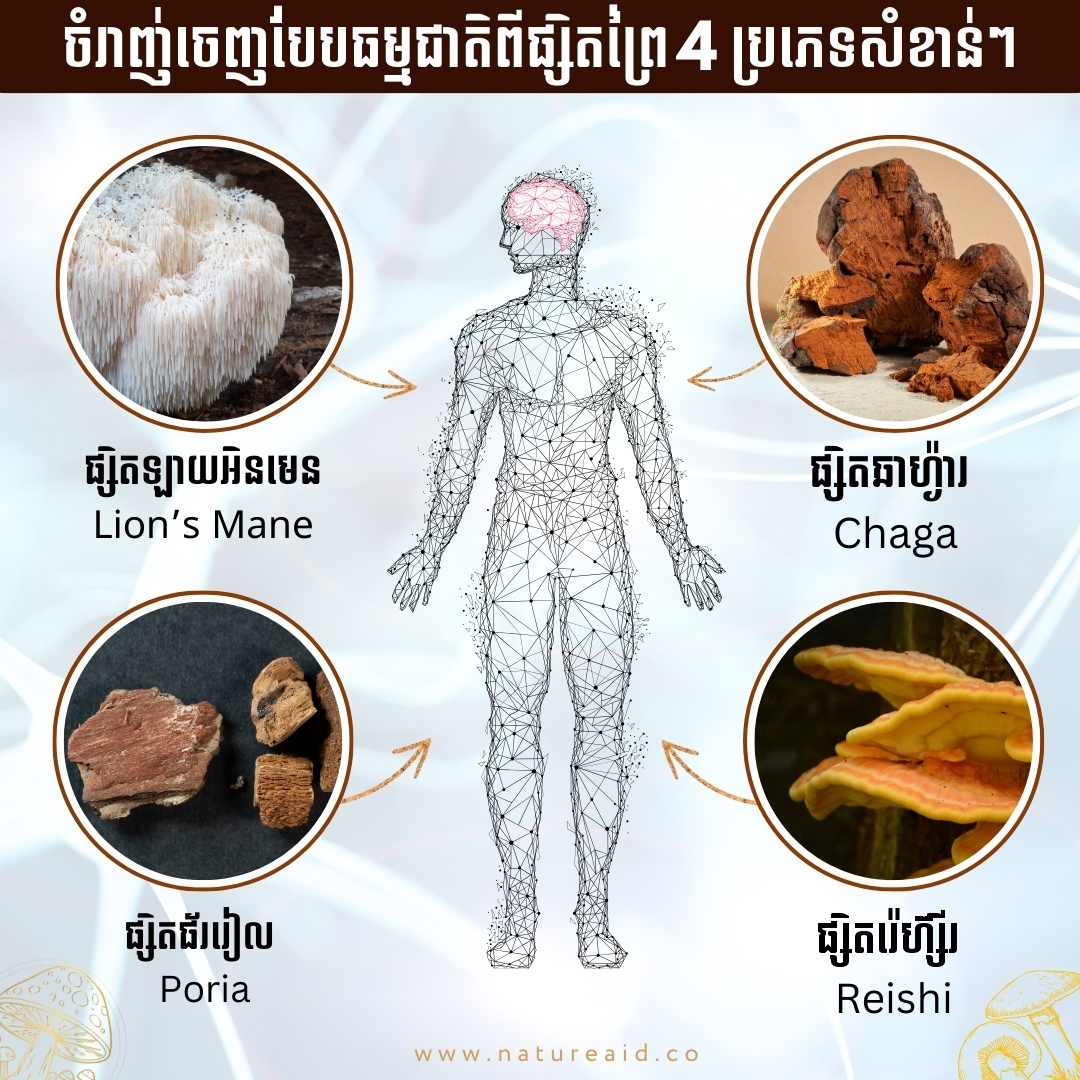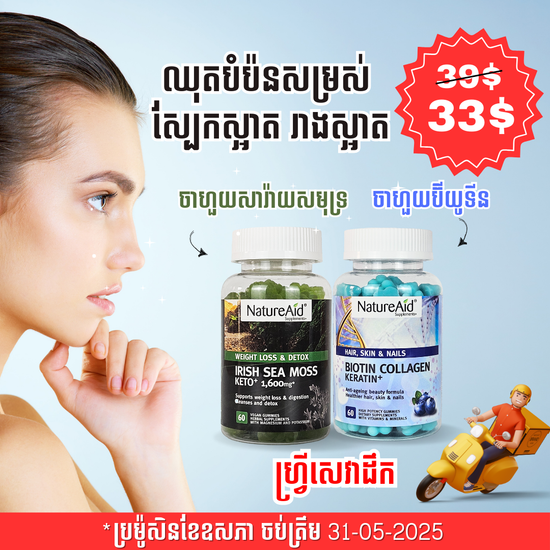WHAT IS COLLAGEN?
Collagen is a type of protein responsible for healthy joints and skin elasticity. The term comes from the greek word “kolla” which means glue - explaining just how important this protein is to hold everything together in our body.
So, what is collagen made of? Collagen is a protein made up of amino acids glycine, proline, hydroxyproline and arginine — all of which help our body's connective tissue, skin, hair and nails stay as healthy as possible.
Collagen protein is different than whey and casein protein because of these high levels of amino acids. Muscular growth, joint health and an overall glowing appearance can be partially attributed to the amino acid blend in collagen.
As you age, your production of collagen begins to slow down with visible evidences like unhealthy-looking skin, wrinkle, and pain in the joints, etc. Therefore, now we can nourish our body and sustain our beauty and wellbeing with collagen supplements. In our case, we bring in collagen in the form of powder.
WHAT ARE THE BENEFITS OF COLLAGEN?
So, what are the benefits of collagen? Collagen is an important building block for the skin as it makes up 70% of it. The dermis, which provides the foundation for the skin, is closely involved in the skin's elasticity and flexibility and is the main source of collagen in the skin.
Collagen is important for the skin in a number of ways. When it comes to aging skin, collagen keeps it firm, plump, hydrated and supple. As we age, our body's natural collagen production begins to decline, which may lead to the appearance of fine lines and sagging skin. In the skin tissue, collagen adds firmness and elasticity.
COLLAGEN FOR JOINT HEALTH
Ligaments, joints and tendons are all part of the intricate matrix in our body largely consisting of collagen.
Ligaments and tendons are a type of connective tissue that attaches two bones and muscles, holding them together. These tissues — bones, ligaments, tendons and the skeletal muscles — are made up of proteins, including collagen.
As important as exercise is to our lives, strenuous and continuous exertion can put a strain on our bodies, especially on muscles, joints and ligaments. Incorporating ingestible collagen (aka hydrolyzed collagen) into your diet can help support joint health. Generally speaking, the more hydrolyzed collagen is, the more soluble, digestible and absorbable it is.
Three Main Types of Collagen
TYPE I COLLAGEN
Type I is the most prevalent type of collagen in the body. This is the type of collagen you're probably thinking about if you’re interested in preserving the levels of collagen in your skin, hair or nails. Because it is so prevalent in the connective tissues, we often see the decrease of type I collagen resulting in characteristics such as sagging skin, fine lines, brittle nails and thinning hair. But type I collagen isn’t just a beauty-related substance. It’s also a major component of the tendons, organs and bones.
TYPE II COLLAGEN
Though somewhat less prevalent in the body than type I, type II collagen is extremely important. It is the main component of cartilage and is extremely healthy for the skeletal system. Active people who need to rely on their joints may also benefit from adding type II collagen into their diet.
TYPE III COLLAGEN
The third commonly found type of collagen, Type III, is generally found in reticular fibers, such as in the bone marrow. It's usually found alongside Type I collagen in the body.
When we get older, our body's natural collagen production begins to slow down. As a result, skin can become fragile and less elastic. In addition, hair starts losing its color, joints aren't as flexible and bones may lose their density. This is why taking collagen supplements, like our Pure Marine Premium Collagen, also features skin-loving ingredient like hyaluronic acid for a boost to your beauty routine.
👉Click here to get your NatureAid Collagen Supplements today
👉Click here to learn more about the health benefits of our Collagen Peptide Supplements powder

